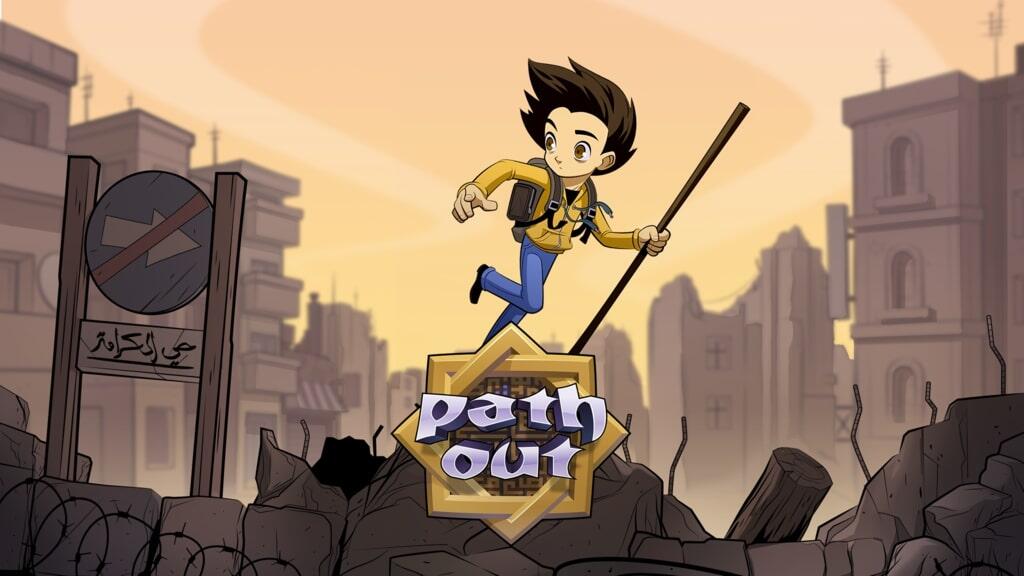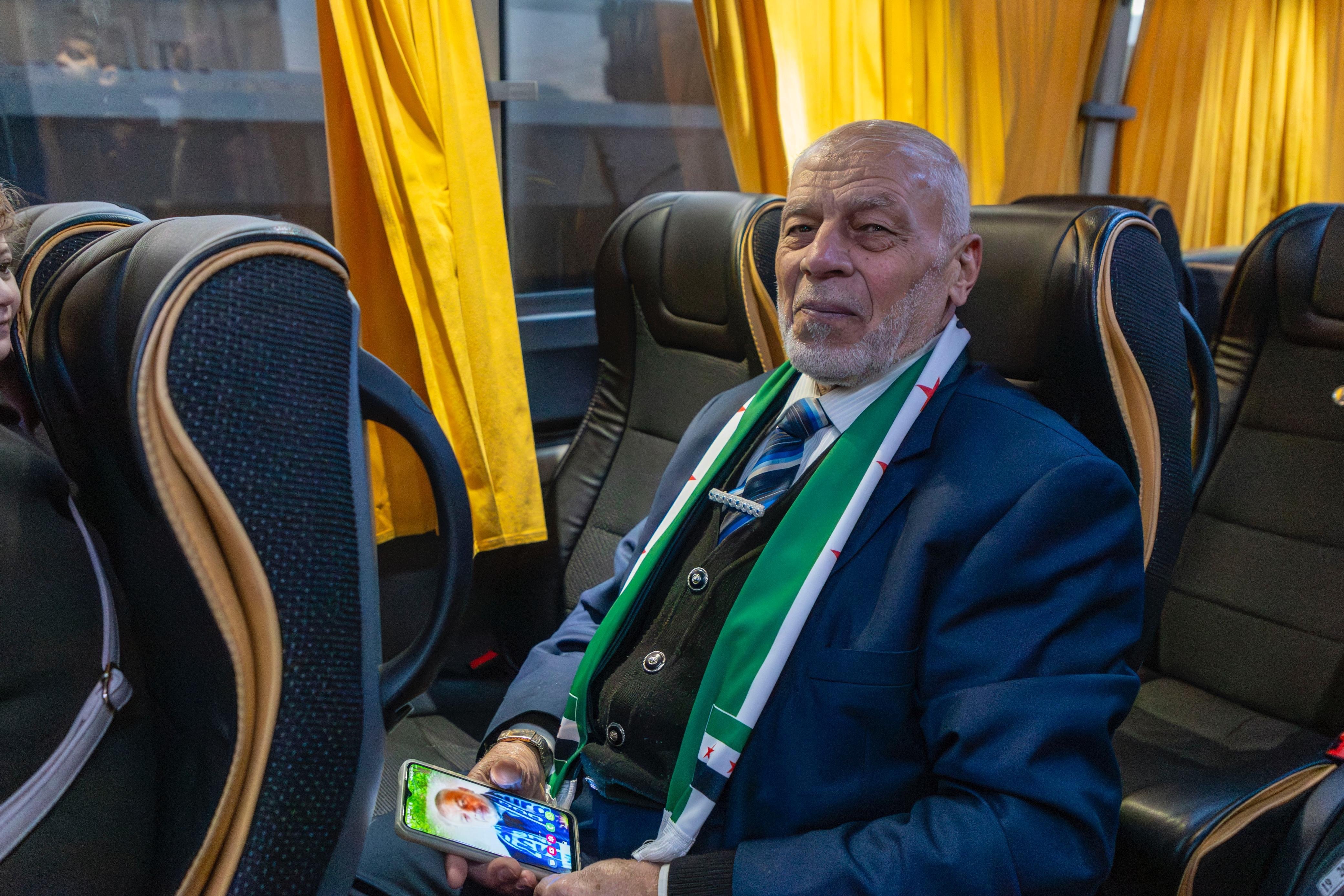Syrians fleeing fighting in Qalamoun stream into Lebanon's Bekaa Valley
Syrians fleeing fighting in Qalamoun stream into Lebanon's Bekaa Valley

ARSAL, Lebanon, November 22 (UNHCR) - When an artillery shell hit the top floor of the two-storey house in which she was staying in the Syrian town of Qarah this week, Fatimah, a young mother of four, knew it was time to leave. She and her six-week-old baby, Hiba, and three older siblings clambered onto the back of a truck and were carried 35 kilometres across the mountains into the Lebanese town of Arsal.
Fatimah's husband saw them off just after midnight and went back into the centre of Qarah to help other families escape, his wife says. He has not picked up his mobile phone since. "He is in God's hands now," she says.
Fatimah is among an estimated 18,000 Syrians to have crossed into Lebanon via the border town of Arsal since November 15 - the latest exodus of Syria's two-and-a-half-year-old civil war. Refugees report fleeing shelling in the western Syrian towns of Qarah, Al-Sahel, Deir Atiya and Al-Nabek not far from the Lebanese border. Fighting has intensified along the border in the past two weeks and is threatening to push still more Syrians into Lebanon in coming days.
Like Fatimah, most of the new arrivals are seeking shelter in Arsal, where the population has swollen dramatically. The number of refugees equals the number of peacetime residents. UNHCR and its partner agencies such as the Danish Refugee Council are providing blankets, cooking sets and heating fuel, among other supplies, as the mountain nights are turning bitter and the first snows have fallen on the high ridges surrounding the town.
With the help of UNHCR its partners and local authorities, refugees are finding places to stay in empty buildings, a wedding hall, a mosque and a new transit site established by UNHCR with 50 family-sized tents. Aid agencies are providing heating units and fuel as well as insulation kits to help secure the half constructed homes against the cold.
The exodus has been swift, triggered by intense fighting and aid workers are recording many cases of lost family members including some unaccompanied children. One boy named Rami, who is 13, and living in a tent in Arsal, says he lost his twin sister along the way this week.
She was carrying her two-year-old brother, when the family became separated. For Rami, it is the first time that he and his sister have been apart. "I miss her and think about her all the time," he said. "I can't even imagine what she is going through."
With the war well into its third year, most of the refugees arriving in Lebanon have already lost their home, or been displaced, within Syria several times. "Mariam," who asked us not to use her real name, survived the siege of Qusayr earlier this year. She then fled to Qarah but was forced to leave there a week ago by the upsurge in fighting. She found a place to stay in the nearby town of Yabrud.
But two nights ago the shelling started again. When one round crashed into the neighbours house, her children, aged nine and three, started screaming. "I want my children to survive," she said of the decision to leave. "We had no choice."
Fatimah, who also survived the siege of Qusayr, is glad to have a tent over her head after all that she has been through. She cuddled her six-week-old baby, and smiled, hopefully: "We will see what the future will bring,"
By Andrew Purvis in Arsal, Lebanon. Lisa Abou Khaled contributed to this article.








